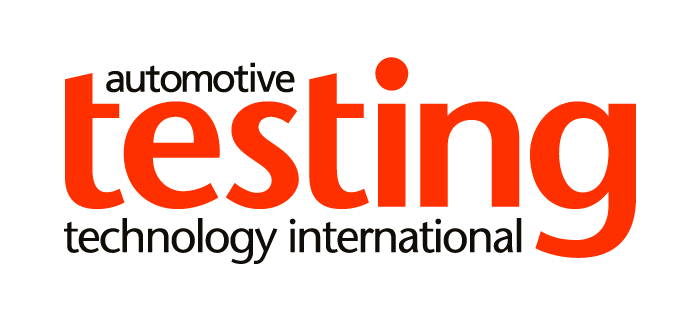German supplier Reo based in Solingen has developed unique testing systems to help automotive developers face the latest challenges when analyzing drive converters and components for electric vehicles. These difficulties are said to be related to the fact that the components must be tested as part of a driving cycle – such as, for example, the NEDC, Directive 70/220/EEC; Artemis cycle – as realistically as possible to ensure they are tested with the typical power conversion.
Reo’s newly engineered test benches enable driving cycles to be readjusted. Companies can also create and define their own test sequences with the aid of individual operating profiles. The components can therefore be evaluated using the Reo test stands under a wide variety of representative conditions and loads.
Thomas Stüttgen, test technology manager at Reo, explained how the implementation of specific power conversion works in Reo’s test unit: “We take both voltage sources and power sources into account, as well as ohmic and inductive loads. Using the Reo sources, the Artemis cycle can be programmed via a special LabView software to make the DC source deliver a pattern in 100ms. The testing unit is also suitable for a load with realistic operating profiles.”


